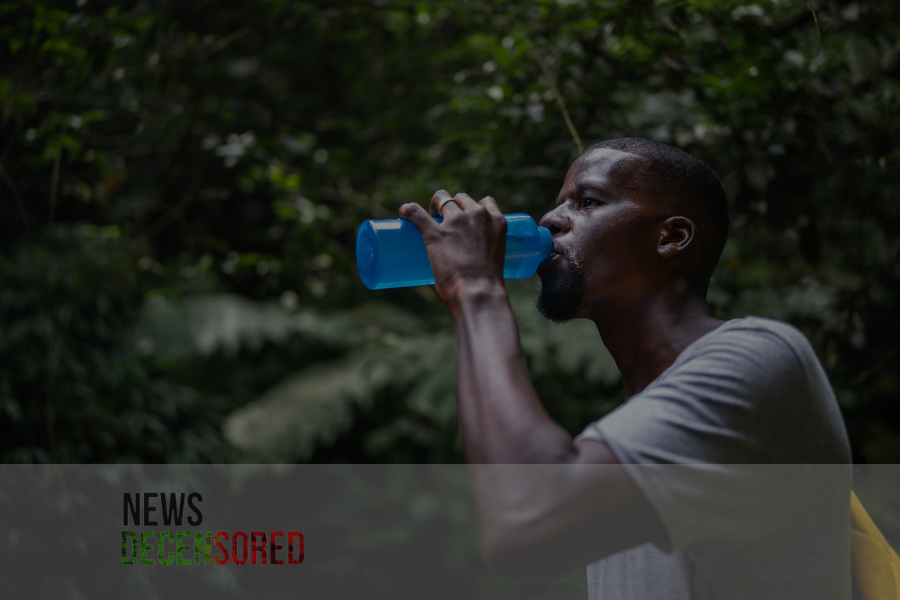When millions of people are experiencing record-high temperatures, drinking water becomes vital for the human body. Still, is water always preferable, or should one turn to other fluids, such as sports drinks? And what is the question regarding soda, coffee, or beer? For the current article, which focuses on the best climate change strategies for hydration during hot weather, CNN sought advice from wellness expert Dr. Leana Wen, an emergency physician and clinical associate professor at George Washington University.
Water Intake Recommendations
Dr. Wen further expands that there is an “8 x 8 rule” guideline that eight glasses of water daily equals 64 ounces or half a gallon. However, due to differences in the sizes of bodies and variations in the diet and the level of physical activity, the periods of water consumption may differ, as may the temperatures of the surrounding air and the amount of humidity. According to the US Centers for Disease Control & Prevention, people exposed to heat through working or exercising must take about eight portions of water every 15-20 minutes, about 24-32 ounces every hour. One should ensure that they take water before going out for any activity in the sun and after the activities.
Risks of Overhydration
He draws attention to the possibility of drinking too much water and has some ideas about this. Therefore, the recommended amount of water intake should be at most 48 ounces, that is, one and a half quarts every hour. Water is dangerous if taken in large quantities, as it dilutes the salts in the blood.
Sports Drinks vs. Water
Sweat loss: the human body bleeds sweat during these activities, and thus, the rise of sports drinks that are enriched with sodium, potassium, calcium, and magnesium. Dr. Wen added that most individuals, including the grown-ups involved in light to moderate exercises and children involved in recreational activities, never require these drinks. However, the electrolytes that come with a balanced diet are usually enough. Sports drinks might be helpful for athletes in tasks that require them to exercise for more than an hour in hot conditions. However, their effectiveness still varies depending on the body’s ability to sweat and the intensity of exercises.
Choosing Between Ready-Made and DIY Sports Drinks
Dr. Wen personally prefers electrolyte powders or dissolvable tablets over ready-made sports drinks. These options are more cost-effective and allow for control over added sugars and chemicals. However, it ultimately comes down to personal preference. When selecting any product, it’s essential to scrutinize the ingredients.
Energy Drinks: A Cautionary Note
Energy drinks are not suitable substitutes for water. They often contain high levels of caffeine and other stimulants, which can be dehydrating and cause adverse effects such as jitteriness and irregular heartbeats. The American Academy of Pediatrics advises against energy drinks for children and adolescents. Parents should differentiate between sports and energy drinks, ensuring children avoid the latter.
Caffeinated Beverages
Caffeinated drinks like coffee can be enjoyed during hot weather, but it’s essential to recognize that they may not hydrate effectively and could potentially dehydrate. Dr. Wen suggests drinking additional water alongside caffeinated beverages to counteract these effects.
Sodas, Punches, and Alcohol
Sodas and punches are classified as ultra-processed foods, linked to long-term health risks like diabetes and heart disease, and should be consumed minimally. Alcohol is best avoided in extreme heat as it can impair the body’s temperature regulation and hydration status. If alcohol is consumed, it should be limited, and additional nonalcoholic fluids should be consumed.
In summary, while water remains the best option for staying hydrated during heat waves, it’s essential to be mindful of other beverages and their effects. Individuals can maintain their health and well-being in extreme heat by making informed choices.















